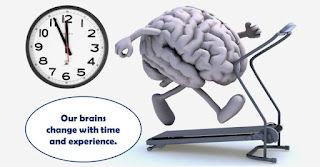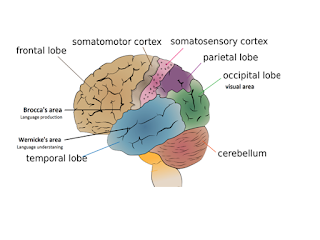AQA A-LEVEL: Biopsychology - Function of Endocrine System
FUNCTION OF ENDOCRINE SYSTEM
FUNCTION:
FUNCTION:
- To secrete hormones in the blood stream to regulate our bodily functions. Works w/ nervous system to regulate and coordinate physiological processes
- Provides a chemical system of communication via the blood stream. Uses a gland network, which secretes hormones (chemical messengers) throughout the body.
HORMONES - Chemicals from glands which circulate bloodstream and are carried to target structures around the body. Each hormone will stimulate a part of the body, which leads to other hormones being released like adrenaline or oestrogen
PITUITARY GLAND - The gland which exerts the most influence, this "Master Gland" can control all other endocrine glands. It's governed by the hypothalamus.
PITUITARY HORMONES
- ACTH - Regulates the steroid hormone Cortisol (C is released from adrenal gland)
- OXYTOCIN - Facilitates in bonding between mother and child and stimulates uterus contraction during childbirth
- VASOPRESSIN - Regulates water balance within body and re-absorption by the kidney
ENDOCRINE GLANDS
- ADRENAL GLAND
- (Adrenal Medulla) - Releases adrenaline and nor-adrenaline as part of fight or flight
- (Adrenal Cortex) - Releases glucocorticoid hormones like cortisone, cortisol which help the immune system and inflammatory response
- PINEAL GLAND - Releases melatonin for important biological rhythms, including the sleep-wake cycle.
- OVARIES - Releases oestrogen for the regulation of the female reproductive system, including the menstrual cycle and pregnancy.
- TESTES - Releases testosterone for the development of male sex characteristics during puberty while also promoting muscle growth



Comments
Post a Comment